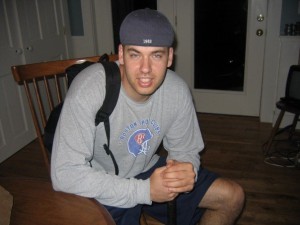This site is viewed best with Cheez Doodles

- Home
- Ramblings
- Favorite Posts
- Princess Diaries
- Bad Poetry
- Conversations
- Live Free or Die – Places where God makes Men
- A tisket and a tasket, chats with Sandra…
- Getting along with Andrew
- Off the Record with Sarah D – Trying to recover what was lost
- Strangers in the Night
- Ms. Rogers Neighborhood
- Fireside Chats with Ryan
- Have you seen this store?
- An Exclusive Interview
- Spreading the Christmas Cheer
- Left on the threshing floor
- Some Lady
- A few of my not favorite things
- We Were Merely Freshmen
- Wisdom From Jon
- A few of my favorite things – email trailz with CC
- Testimonials
- About Me
- Farewell
© 2025 MarkLamberti.com. All rights reserved.


